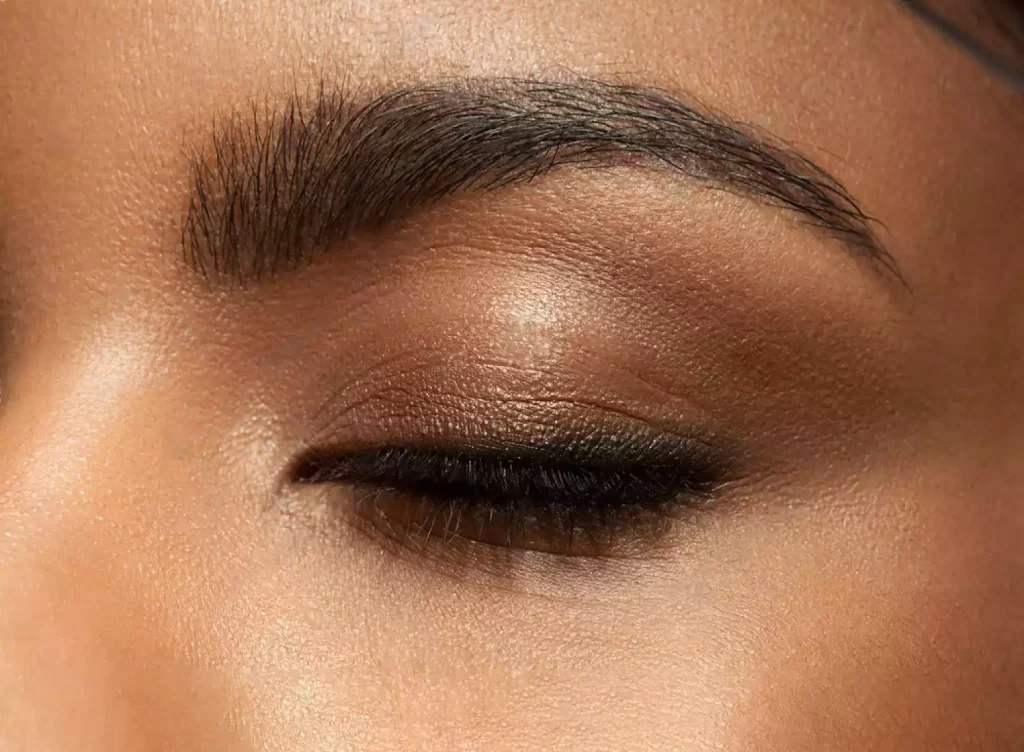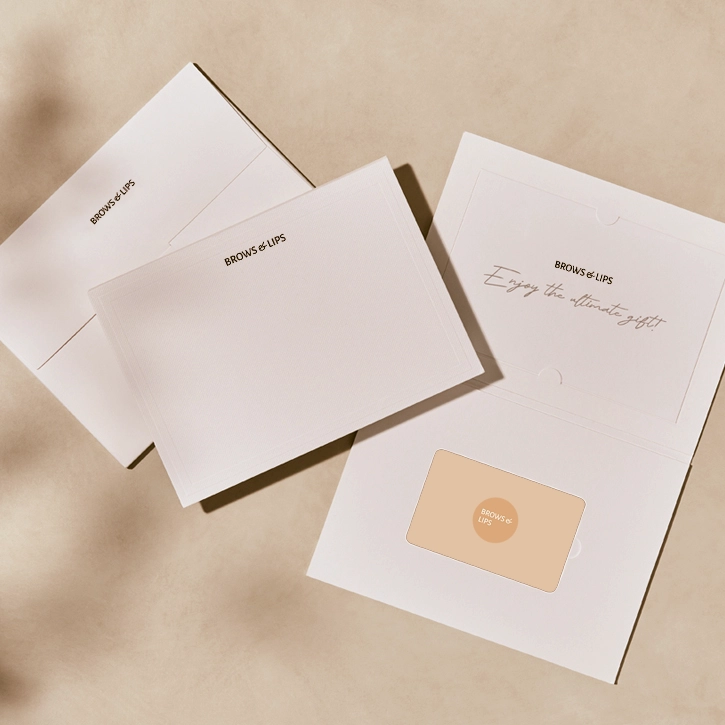
Table of Contents
Lip Blush Post-Care: Can You Kiss After the Treatment?
Lip blush is an increasingly popular cosmetic procedure known for its ability to deliver natural-looking tinted lips. As with any cosmetic procedure, there are post-care guidelines that ensure optimal results and longevity. One common question we receive at our Permanent Makeup Studio is, “Can you kiss after getting a lip blush?” Let’s delve into the details.nn
Understanding the Lip Blush Procedure
Lip blush is a form of semi-permanent makeup that uses micropigmentation to infuse the lips with a natural, subtle color. The procedure involves:
- Consultation: Assessing the natural lip color and determining the desired shade.
- Numbing: Applying a numbing cream to reduce discomfort.
- Pigmentation: Using specialized equipment to deposit the chosen pigment into the lips.
- Finalizing: Cleaning the treated area and giving post-care instructions.
Post-Lip Blush: The Immediate Aftercare
Why Kissing is a No-No
After the lip blush procedure, the lips are essentially a treated wound. Engaging in activities like kissing can introduce bacteria, leading to potential infections or complications. Moreover, the pressure from kissing can cause the freshly deposited pigment to shift, compromising the final appearance.
The First 48 Hours: Crucial Care Steps
- Avoid Kissing: For the reasons mentioned above, refrain from any lip-to-lip contact.
- Stay Hydrated: Drink ample water, but be cautious not to wet the treated area.
- Don’t Touch: Resist the urge to touch, scratch, or peel any flaking skin.
- Avoid Hot Foods & Drinks: This can cause unnecessary irritation.
How Long to Wait Before Kissing After Lip Blush?
The general recommendation is to wait at least 7-10 days post-treatment before engaging in any lip activities, including kissing. This gives the lips adequate time to heal and the pigment to settle properly. However, always follow the specific instructions provided by your technician.

Enhancing and Prolonging Your Lip Blush Results
Regular Lip Care
Invest in a good lip balm or moisturizer to keep the lips hydrated. This not only ensures the pigment looks its best but also extends the longevity of the lip blush.
Protect from UV Rays
Exposure to the sun can cause the pigment to fade faster. Always apply a lip balm with SPF when heading outdoors.
Regular Touch-Ups
Over time, the lip blush may start to fade. Regular touch-ups, usually once a year, can help maintain the vibrancy and freshness of the color.
Conclusion
Lip blush is a transformative procedure that can enhance one’s natural beauty. Proper aftercare is paramount to ensure impeccable results. At the Permanent Makeup Studio, we prioritize our clients’ well-being and satisfaction. Adhering to the guidelines and understanding the healing process is the key to a successful lip blush experience.
Lip blush is a semi-permanent makeup technique that infuses the lips with a natural, subtle color using micropigmentation.
Typically, a lip blush procedure takes between 1.5 to 2 hours, including consultation and numbing time.
The Eyebrow Stamp Stencil Kit by OETUIOW offers the most versatility with 24 different stencils to choose from, making it suitable for various brow shapes and styles.
Most clients experience minimal discomfort, especially since a numbing cream is applied prior to the procedure. However, individual pain thresholds may vary.
Lip blush generally lasts between 1 to 3 years, depending on individual skin types, lifestyle, and aftercare adherence.
Absolutely! During the consultation, you’ll discuss your desired shade with the technician, ensuring a color that complements your natural lip tone.
For the first 48 hours, it’s crucial to avoid kissing, touching the treated area, consuming hot foods and drinks, and wetting the lips excessively.
It’s generally safe to resume regular lip activities after 7-10 days, but always consult with your technician for personalized advice.
Yes, to maintain the vibrancy and freshness of the color, it’s recommended to have regular touch-ups, usually once a year.
Some individuals may experience slight swelling, redness, or flaking after the procedure. These are common and usually subside within a week. However, if you notice any signs of infection or prolonged discomfort, it’s important to consult with your technician.
Regular lip care, including hydration, protection from UV rays with an SPF lip balm, and adhering to the aftercare guidelines provided by your technician, will help prolong and maintain the results.




